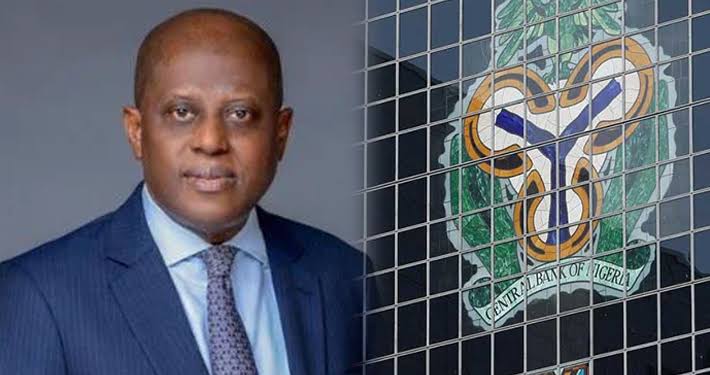A dramatic 53.9% decline in personal loan balances highlights the impact of the Central Bank’s hawkish monetary policy as consumers prioritize debt repayment in a challenging economic landscape.
In a remarkable shift in financial behavior, Nigerians have paid off N4.05 trillion in personal loans over the course of just three months, as reported by the Central Bank of Nigeria (CBN). The latest quarterly economic report reveals a staggering decrease in personal loan balances, plummeting from N7.52 trillion in the first quarter of 2024 to N3.47 trillion by the end of the second quarter—a sharp 53.9% decline.
This significant repayment trend stands in stark contrast to the N5.49 trillion added in the preceding quarter, suggesting that Nigerians are prioritizing debt repayment amid soaring interest rates. The CBN’s aggressive monetary policy, aimed at combating inflation, has resulted in a series of interest rate hikes, leaving consumers to grapple with the financial burden of higher borrowing costs.
While the CBN report did not explicitly detail the reasons behind this decline, the data strongly indicates that many Nigerians are choosing to settle their debts rather than take on new loans. The overall consumer credit outstanding also experienced a notable drop, decreasing by 42.6% to N4.73 trillion in Q2 2024. Personal loans, which accounted for 73.35% of total consumer credit, have been the most affected, while retail loans saw an increase from N0.72 trillion to N1.26 trillion, suggesting a shift towards smaller-scale credit options.
The CBN’s monetary policy, under the leadership of Governor Yemi Cardoso, has seen the benchmark Monetary Policy Rate (MPR) rise five times this year—from 18.75% to 27.25%—as the central bank aims to stabilize the economy amidst persistent inflation challenges. These hikes, totaling 850 basis points, have raised concerns among borrowers, with a recent CBN survey revealing that 71.4% of Nigerians are advocating for lower interest rates.
Fitch Ratings has also warned of an impending increase in non-performing loans within Nigerian banks, predicting that high inflation and interest rates will further strain the financial sector. As the CBN prepares for its next Monetary Policy Committee meeting on November 25-26, 2024, the future of borrowing costs remains uncertain, with many Nigerians hoping for a reprieve from the current economic pressures.
In this climate of financial caution, the trend of repaying loans underscores the resilience of Nigerians as they navigate the complexities of a challenging economic environment, prioritizing financial stability over new borrowing.


